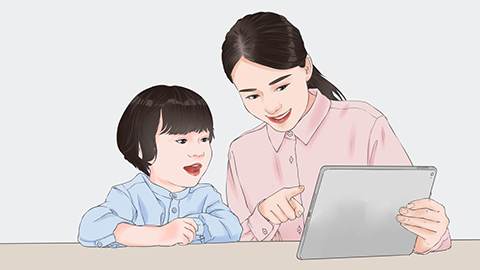What are the harms of autism in children?
The harms of childhood autism are mainly reflected in limitations across multiple areas of development, including social interaction, language, and cognition. Common issues include impaired social communication, delayed or disordered language development, lagging cognitive function, weak self-care abilities, and frequent emotional and behavioral problems. A detailed analysis is as follows:

1. Impaired social communication: Children with autism often struggle to understand others' facial expressions and the meaning of language. They may fail to initiate or sustain social interactions—such as avoiding eye contact or not responding when called—and tend to remain in a state of social isolation. This makes it difficult for them to form peer relationships or develop close emotional bonds, significantly affecting their future social adaptation.
2. Delayed or impaired language development: Some children show明显 delays in language development compared to peers, and may even lack verbal communication skills entirely. Those who do have language abilities may exhibit disorganized speech, repetitive utterances (echolalia), or difficulty understanding abstract language.
3. Delayed cognitive development: These children often experience slow progress in cognitive domains such as attention, memory, and logical thinking. They may struggle to follow simple instructions and typically understand things only at a concrete level, lacking the ability for abstract thought or problem-solving. This hinders academic learning and makes it difficult to keep up with standard educational curricula.
4. Weak self-care abilities: Affected children often lack both the awareness and ability to learn daily living skills independently, such as dressing, eating, personal hygiene, and using the toilet. They remain dependent on caregivers for extended periods, and as they grow older, these deficits become more pronounced, increasing the burden on families.
5. Frequent emotional and behavioral issues: Children with autism are prone to emotional outbursts triggered by environmental changes or unmet needs, manifesting as crying, screaming, or self-injurious behaviors. They may also display repetitive and stereotyped behaviors, such as spinning in circles or lining up objects, which disrupt their daily routines and functioning.
If a child shows signs of autism, it is essential to seek professional evaluation and early intervention as soon as possible. Through targeted rehabilitation programs, their social, language, and daily living skills can be significantly improved.




